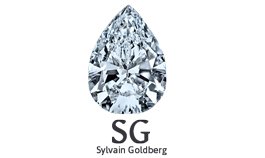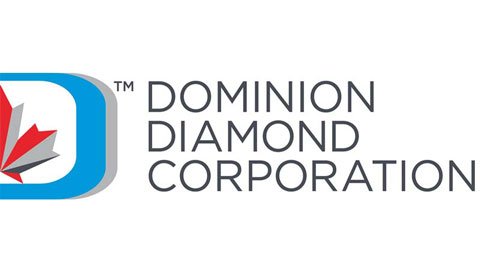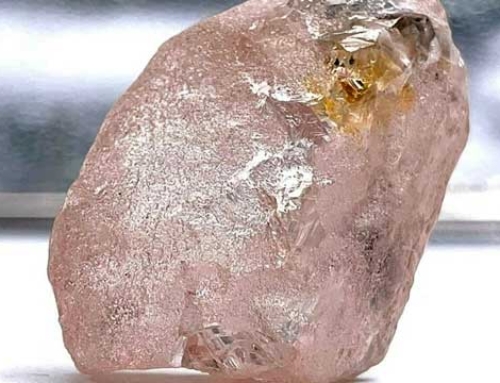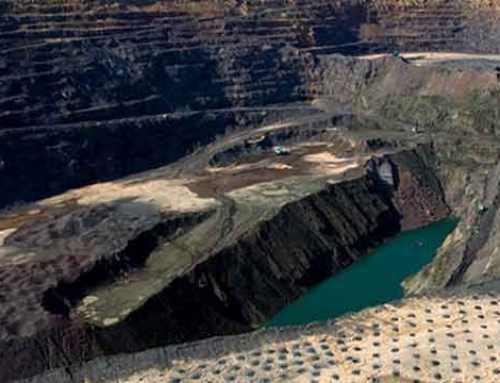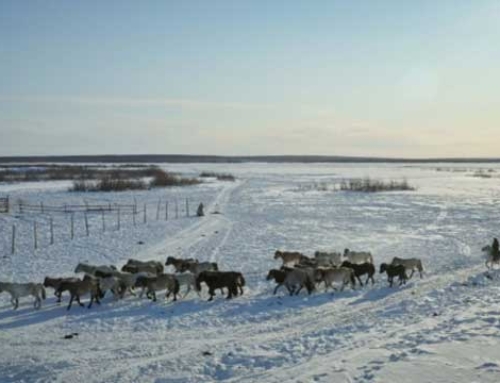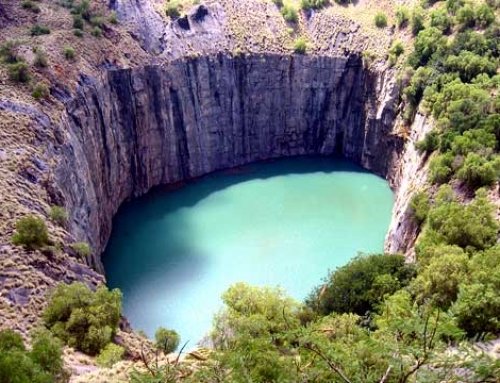Image: Dominion Diamond
Dominion Diamond filed a suit against Rio Tinto, its longtime partner in the Diavik Diamond Mine, over Rio’s management of the project—the latest sign of the tension between the two partners that has surfaced following Dominion’s April insolvency filing.
Rio Tinto owns 60% of Diavik, based in Canada’s Northwest Territories. It manages its operation through subsidiary Diavik Diamond Mines Inc. (DDMI). Dominion owns the remaining 40% of Diavik.
Dominion’s civil suit, filed in the Supreme Court of British Columbia, charges DDMI with breach of contract and breach of fiduciary duty, arguing it “prioritize[s] the interests of DDMI and Rio in its management of the Diavik Mine to the detriment of Dominion and the joint venture as a whole.”
It complained that, after the COVID-19 pandemic brought the diamond industry to a virtual halt, DDMI “maintain[ed] full operations at the Diavik Mine…knowing that Dominion has no ability to pay for [its contractually required] cash calls because it cannot materially monetize diamond inventories to pay for them.”
Dominion, which filed for protection from insolvency on April 22 in the Court of Queen’s Bench in Alberta, Canada, also owns the nearby Ekati mine. Ekati has been on care and maintenance since the onset of COVID-19.
Dominion’s court papers charged that, even prior to the onset of the COVID-19 pandemic, Diavik went “significantly over budget” with production “fail[ing] to meet targets.” It complained that DDMI has “refused or neglected to provide” information to Dominion.
A Rio Tinto spokesperson declared that “Rio Tinto has successfully managed the Diavik Diamond Mine for more than 15 years—for the benefit of its owners, the Northwest Territories, local communities, governments, employees, and suppliers. We regret Dominion filing what are baseless claims against us and will be defending ourselves in court vigorously. Diavik has at all times acted appropriately. We remain focused on managing the mine safely just as we continue to protect Diavik’s interests in Dominion’s insolvency proceedings and the jobs of the more than 1,120 people who work at Diavik.”
The suit comes after DDMI asked the court to suspend its obligation to provide diamonds to Dominion Diamond, given that the latter is no longer able to make the “cash calls” required under the two parties’ joint agreement.
One interesting wrinkle here is that, as unhappy Rio Tinto and Dominion Diamond seem to be with each other, Rio Tinto is apparently uninterested in one obvious solution—buying out Dominion’s 40% share in Diavik.
In the bench brief, Dominion noted that Rio Tinto has said it will not bid for Dominion’s minority share of Diavik or its 90% stake in the nearby Ekati mine. It argued that, given Rio’s lack of interest, Dominion has no choice but to accept a stalking-horse bid from a subsidiary of current owner Washington Companies to provide debtor-in-possession financing for the company. It added that in the weeks since Dominion’s filing, no party has offered an alternative DIP bid.
“The universe of potential purchasers of Dominion’s assets is not large,” posited Dominion’s bench brief. “[DDMI] was a logical potential acquirer. If DDMI, with its unique position as joint venture partner and operator of the Diavik Mine and neighbor of the Ekati Mine will not bid, will anyone?”
It also countered objections that have been raised to current owner Washington putting forward a stalking-horse bid that may eventually lead to it repurchasing Dominion’s assets at a lower price than it bought them for in 2017.
Dominion’s bench brief argued that “there’s nothing improper with an ‘insider’ offering to put up new money to buy a business to keep it operating. Nor is there anything wrong with an ‘insider’ putting forward a stalking-horse bid—other [Canadian courts] have approved this.”
It noted that Washington lost its original $500 million equity investment in Dominion but has made a stalking-horse bid “rather than walk away from [Dominion’s] business, the Northern community in which they operate, the Northern suppliers, employees and pensioners who depend upon [Dominion] continuing as a going concern.”
DDMI has objected to certain aspects of Washington’s bid, but Dominion’s counsel suggested that its partner had ulterior motives for doing so.
“Who benefits from a failed [sales and solicitation process] in respect of Dominion’s 40% interest in Diavik? The answer is DDMI…. If there are no bidders for Dominion’s 40% share in the Diavik Mine, presumably DDMI will seek to foreclose on that interest.”
